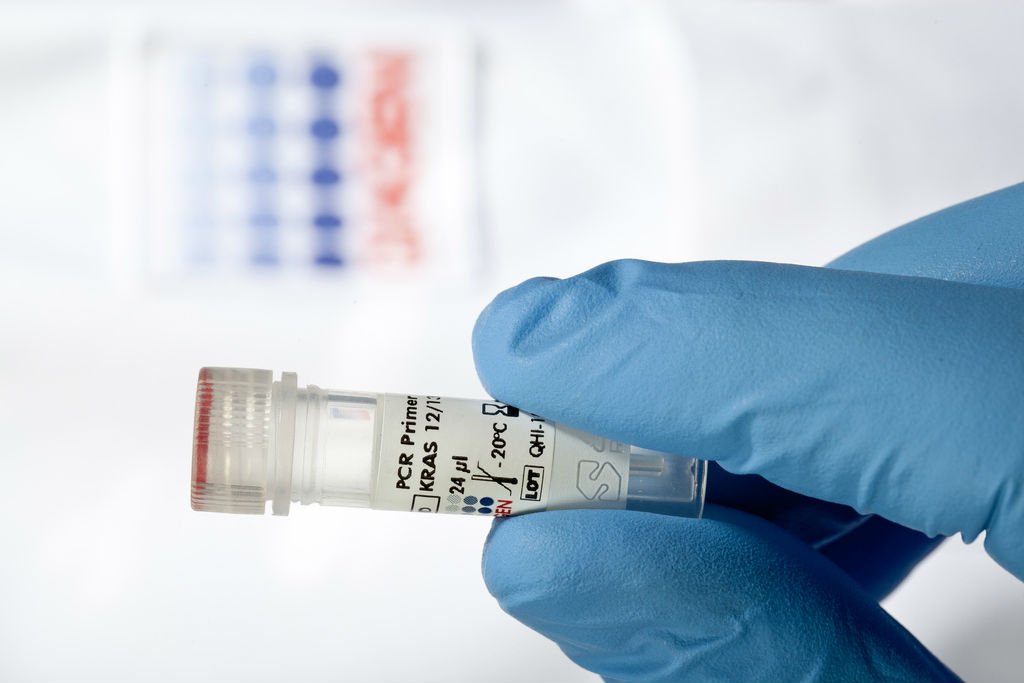Nearly one in eight people over the age of 65 in the United States are diagnosed with Alzheimer’s disease each year. As this alarming rate continues to grow, Israeli company NeuroQuest is dedicated to revert this trend. Their technology is based on the measurement of certain immune biomarkers (indicators of the biological state of the organs) in the patient’s bloodstream. This new method of testing for neurodegenerative diseases may change the way diseases like Alzheimer’s are treated and diagnosed.
Related articles
- Surprising Study: Patients Treated For Parkinson’s Develop Special Artistic Skills
- TAU Study Finds Simple Blood Test May Reveal Early-Stage Alzheimer’s
Alzheimer’s, Parkinson’s, and ALS are among the most common neurodegenerative diseases, or diseases in which the nervous system progressively and permanently deteriorates. NeuroQuest’s use of biomarkers to identify the development of the diseases early on is based on the research of Professor Michal Schwartz of the Weizmann Institute of Science in Israel.
Schwartz researched Protective Autoimmunity, characterizing the patient’s immune system and observing changes over time. All of this is made possible through a simple blood test for the biomarkers and could provide pharmaceutical companies with the tools to tackle neurodegenerative diseases before they can take a turn for the worse.
Biomarkers: the future of disease detection
The biomarker method for disease detection and early treatment has been extensively praised by medical professionals in many fields, although NeuroQuest’s application of the indicators to Alzheimer’s disease will be a first.
Dr. Robert Nagele of the Biomarker Discovery Center told NewsWise: “Biomarkers allow us to measure an individual’s risk of disease and current status in a disease process, and the ability of medications or other therapies to halt the progression of the disease. The need for early diagnostics that are accurate, relatively non-invasive and cost effective is critical. An early diagnosis gives patients and their physicians the advantage of combating a disease at a time when treatment is most likely to have the greatest benefit.”
Professor Schwartz’s novel research has introduced the biomarker method to determine the functioning state of the immune system. Schwartz discovered that neurodegenerative diseases begin to develop when certain aspects of the immune system cease to function properly, and that chemical biomarkers in the blood stream could be used to assess the risk or presence of the disease in the brain. Currently, the only way to identify such diseases is after clinical symptoms have appeared.
Up to 85 percent diagnostic accuracy
Sign up for our free weekly newsletter
Subscribe![]() Although the technology has yet to pass a validation trial, cclinical trials conducted over the past few months at the Sheba, Rambam, and Abarbanel Medical Centers in Israel and at the Methodist Neurological Institute in Texas, show that up to 85 percent diagnostic accuracy was achieved using the biomarker method, specifically for Alzheimer’s and ALS patients.
Although the technology has yet to pass a validation trial, cclinical trials conducted over the past few months at the Sheba, Rambam, and Abarbanel Medical Centers in Israel and at the Methodist Neurological Institute in Texas, show that up to 85 percent diagnostic accuracy was achieved using the biomarker method, specifically for Alzheimer’s and ALS patients.
For many, this research will come as a blessing. The Alzheimer’s Association estimates that one year of care for Alzheimer’s patients in the United States costs on average $200 billion, and if the rate of affliction continues on its perceived path, costs of care could reach up to $1 trillion by 2050.
The success of the trials has garnered scientific acclaim for NeuroQuest’s developments, recently attracting a $500,000 investment from the Charleston, South Carolina-based InterTech Group and the Maryland/Israel Trendlines Fund. NeuroQuest also receives funding as part of Trendlines Group’s Misgav Venture Accelerator Program.
Treating Alzheimer’s before symptoms appear
NeuroQuest announced late last year that it will partner up with the Medical University of South Carolina and the Harvard Clinical Research Institute to complete the validation trials needed to introduce the biomarker technology onto the market.
Currently, NeuroQuest’s aim is to set up a marketable diagnostic test for Alzheimer’s disease, and hopes that its novel research, once approved, will encourage pharmaceutical companies to develop more effective treatments that will combat the disease in its most premature stages.
In the future, NeuroQuest hopes to expand the use of the immune biomarker method to other neurodegenerative diseases such as ALS and Parkinson’s, so that the coming generations may never have to face the most difficult parts of these increasingly common diseases.
Photo by QIAGEN_PR
Related posts

Israeli Medical Technologies That Could Change The World

Harnessing Our Own Bodies For Side Effect-Free Weight Loss

Missing Protein Could Unlock Treatment For Aggressive Lung Cancer




Facebook comments